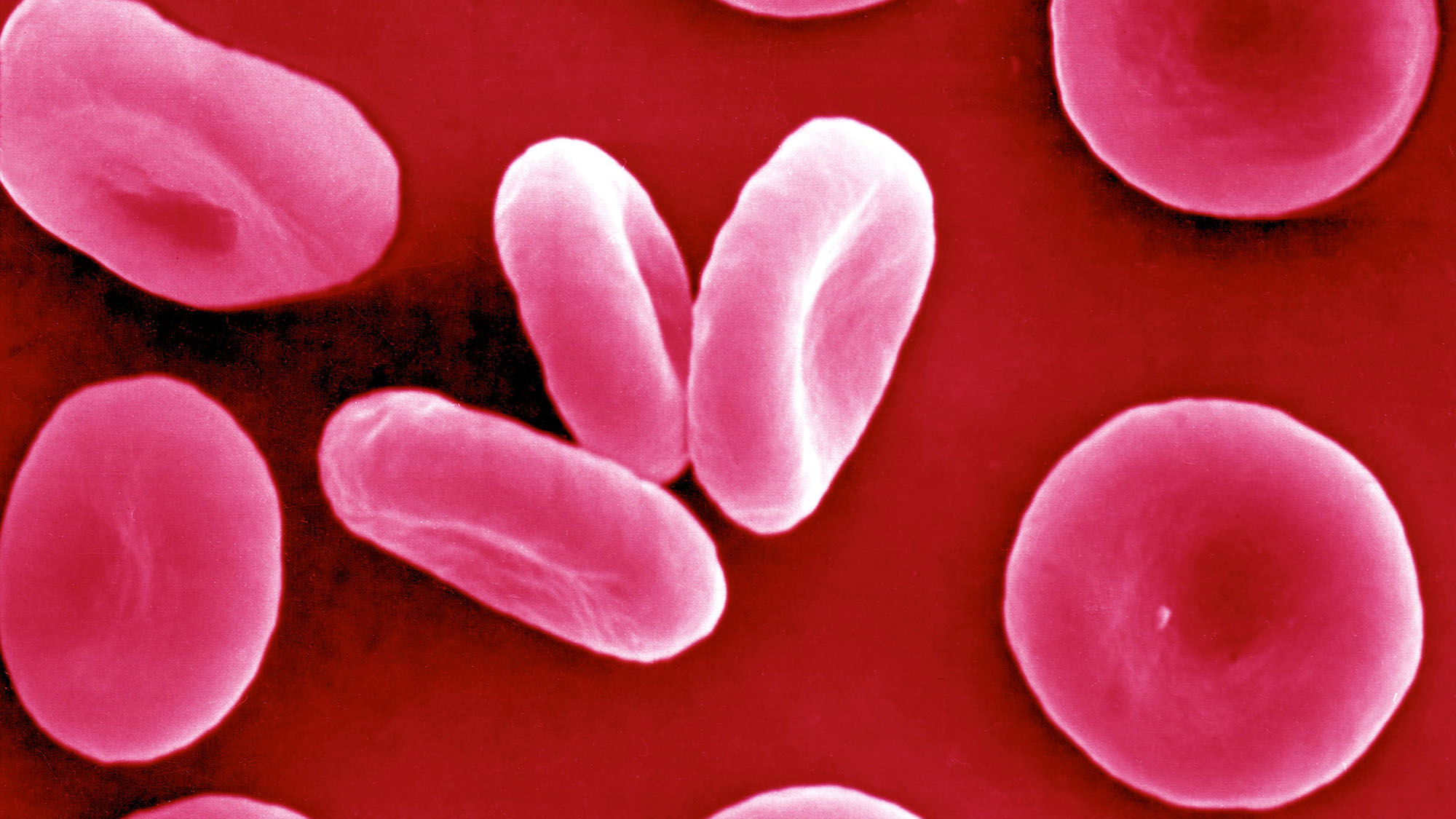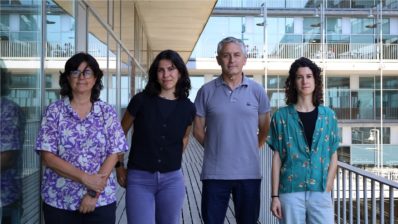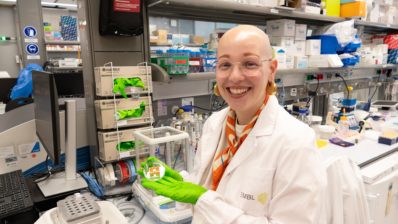White and red blood cells, platelets and the ten billion blood cells humans make every day are all generated from hematopoietic stem cells (HSCs), a type of precursor cells that are stored in the bone marrow. These cells are constantly dividing and differentiating, and a new study by CRG researchers describe the role of the epigenetic regulator Phf19 in their differentiation.
“Any changes that affect the gene expression of HSCs, including epigenetic factors, can have a major impact on blood balance, and imbalances in the composition of blood tissue can give rise to diseases such as anaemia, haemophilia or leukaemia”, explains Arantxa Gutiérrez, co-first author of the article.
The scientists genetically modified mice to remove the Phf19 gene. As a result, the regions of the genome containing the genes responsible for HSC differentiation were more compacted, and did not express, which led HSCs to remain quiescent and not differentiate as much into specialised cells.
The mice were healthy under normal conditions, but when undergoing transplants or ageing, the proper functioning of blood tissue was compromised. In the long term, they accumulated disorders compatible with the early stages of leukemia.
“We are now studying the possible role of Phf19 as a precursor of tumours or whether it would be an anticancer therapeutic target”, concludes ICREA research professor Luciano Di Croce, lead author of the study.






